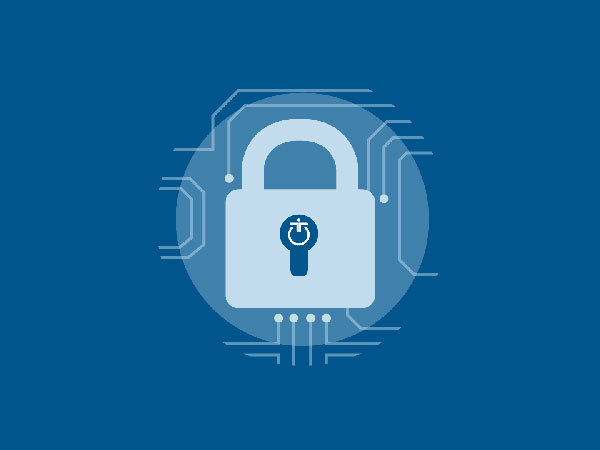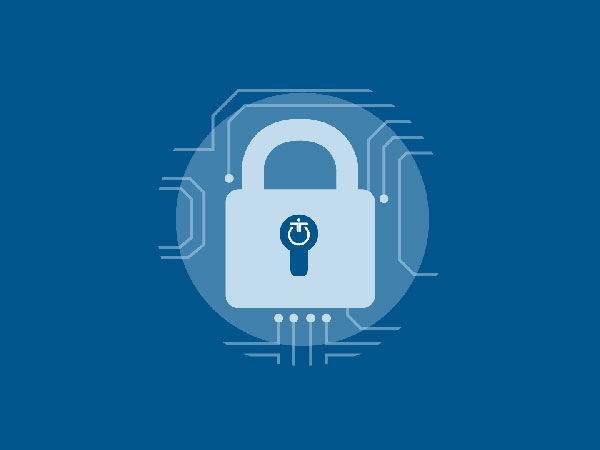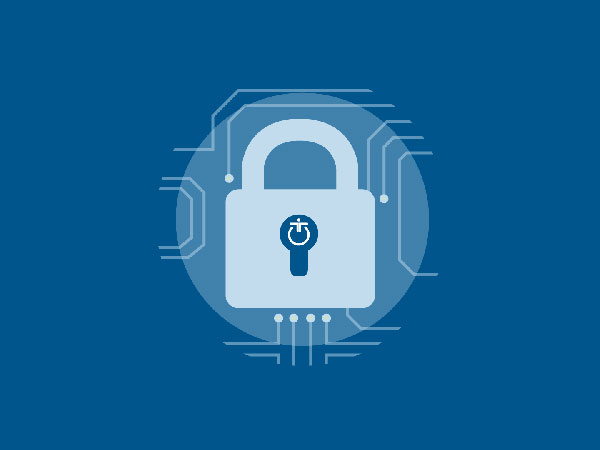In the wake of the Federal Communications Commission’s announcement to repeal the 2015 net neutrality laws in the United States, there has been an air of general confusion and disappointment among the American public. Ajit Pai’s stubborn determination to completely undo the previous laws regulating internet providers, has sparked a secondary round of debate. One which was silent ever since 2015, when the laws first came into existence.
But despite the constant buzz around net neutrality, not many people have a clear understanding of it. And there are many varied views on the topic flying around. Considering the extent of divide between the advocates of net neutrality and its opposing force, it’s not surprising that the average individual would be confused. So, whether you decide to support net neutrality or not, here are a few facts to bear in mind before you jump into the argument.
1. Net neutrality is a principle, not a law. Much like the concept of freedom of speech, it is a fundamental right of internet users. Net neutrality is basically the principle of open and fair internet.
2.Ensures that Internet Service Providers (ISPs) treat online data equally. Without any discrimination between user, content, website, platform, application, type of attached equipment or method of communication. Consumers can choose the digital content they prefer to see, without the broadband providers limiting the options available to them or discriminating between certain content providers.
3.ISPs have divided opinions on net neutrality. Large ISPs, especially those in the U.S. strongly oppose the concept of treating all data on the internet equally. Companies like Verizon, Comcast and AT&T argue that strong internet regulation could negatively effect business for small and new enterprises. As well as wipe-out new competition. While bigger organisations like Google, Netflix and Amazon would be able to survive despite the regulations, they believe that net neutrality could curb innovation. Especially for smaller enterprises. However, this is definitely not the opinion of all the broadband providers. A group of smaller and local ISPs have joined together and have filed a lawsuit against the American government and FCC in a bid to retain the previous net neutrality laws. They believe that FCC’s repeal would benefit only the mega-established broadband providers. And adversely affect consumers, content providers and smaller ISPs.
4. Enterprises and websites are for net neutrality. Sharing a similar opinion as the small-time ISPs, tech, media and e-commerce establishments and websites believe that net neutrality is an absolute necessity. Of course, if broadband companies begin charging content providers more in exchange for better services, then already established giants would easily be able to pay the price by simply charging their customers more. However, smaller websites and companies, would not be able to do so. While giants like Google, Amazon, Facebook and Twitter have verbally displayed their support for an open and fair internet, they have remained somewhat aloof in their approach to the issue this time around. However, websites such as Tumblr, Reddit, Etsy and thousands more have decided to take a more active stance against FCC’s repeal. They have decided to be part of a campaign scheduled to take place on May 9th, ahead of the Senate vote.
5. Different countries have different approaches to net neutrality and data protection. Countries like Brazil and Portugal (and the United States before the controversial repeal) banned throttling and blocking of data/websites, but not zero-rating. In Japan, the government follows a fairly ‘hands-off’ approach to net neutrality, as the industry itself obeys voluntary self-regulatory measures. And in Australia there are no net neutrality laws in place. Instead, they have pretty strong consumer protection laws, which focus heavily on transparency on the ISPs’ half. Similarly, in India, the newly placed internet regulations focus on complete transparency.

Enterprise data security: Driving business resilience post-COVID
Many...











![Cybersecurity: the motivation behind cyber-hacks [Infographic]](https://crayondata.ai/wp-content/uploads/2022/05/varonis-hacker-motives-red-flags-and-prevention-ig-960x4826-2-1.png)






![Most common tactics used by mobile apps to snatch your data [Infographic]](https://crayondata.ai/wp-content/uploads/2022/05/social-media-1.jpg)